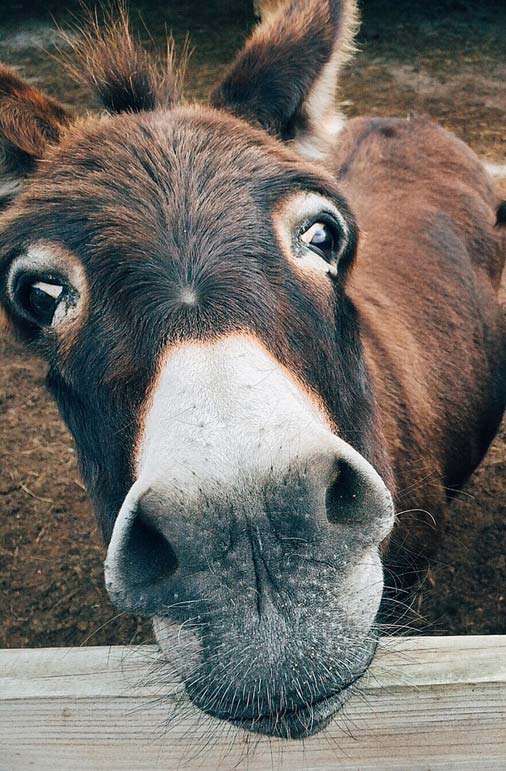
A new Crooked Media-Change Research poll of Iowa, New Hampshire and South Carolina voters found, "As a result of [Sen. Kamala D.] Harris's gains and [former vice president Joe] Biden's losses, we see a very close race in the early states, with [Sen. Bernie] Sanders at 19%, [Sen. Elizabeth] Warren at 19%, Biden at 18%, Harris at 17%, [South Bend, Ind., Mayor Pete] Buttigieg at 15%, and no other candidate above 3%."
While the debate seemed from media coverage to change "everything," in fact "Harris and Biden are the only candidates whose numbers moved by more than 1 percentage point in either direction following the debates." Given the margin of error, this is essentially a five-way tie.
What essentially happened was a lot of shifting around without a major net overall change. ("10% are now undecided after previously supporting a candidate, 8% went from being undecided to backing a candidate, and 6% switched candidates. 51% are still sticking with their original candidate, and 26% are still undecided.") It takes a lot more than one debate to change a substantial number of minds.
What did change dramatically was the top contenders' favorability ratings, with Harris, Warren and Buttigieg gaining ground and Biden losing ("Biden went from 69 favorable / 18 unfavorable to 57 / 26″). Biden's problems amount to a hit to his "electability" argument.
On the likelihood of beating Trump, "he's down from 50 to 32. Again, Harris picks up most of what he lost (she goes from 3 to 18) and Buttigieg gets the rest (6 -> 10)." Biden also suffered on the issue of who'd be the best president. ("He's down from 32% to 17%. Harris is up from 4 to 15; Buttigieg from 13 to 16, and everyone else is steady.")
In short, what seemed to be huge leads for Biden - electability and favorability - have been dramatically reduced. Debates have a tendency to level the playing field, and this one plainly did. But "electability" still remains a strength for the former vice president: "Biden leads overall on this question by 13 points, because just under 20% of the other top tier candidates' supporters think Biden is likeliest to win."
On the question of African American voters - a key demographic and the single most critical segment of the South Carolina electorate -Biden lost but those voters went to several candidates, not just Harris. The poll found that Biden went from 62% support among African Americans to 39%. ("Harris has gained the most among African Americans, going from 3% to 17%, but Sanders went from 5% to 18%, Warren went from 7 to 12, and Booker went from 4 to 8. Buttigieg is still struggling, with only 2% of African Americans' support.") The lack of African American support is arguably Buttigieg's biggest liability.
This is one poll. It is very early in the process. Nevertheless, the findings underscore a few points. Performance matters - a lot. Opinion is fluid, allowing for support to shift back and forth among candidates considered to be the most viable. And finally, voters for now seem to have eliminated just about everyone else except the top five.
After Buttigieg, no candidate scores more than 3% (Sen. Cory Booker), and only two are above 1 percent (Beto O'Rourke and Tulsi Gabbard). It seems that voters can only keep in mind a set number of candidates, and unless you're in that top five, you're out of sight - and out of the running.
Sign up for the daily JWR update. It's free. Just click here.
(COMMENT, BELOW)


 Contact The Editor
Contact The Editor
 Articles By This Author
Articles By This Author